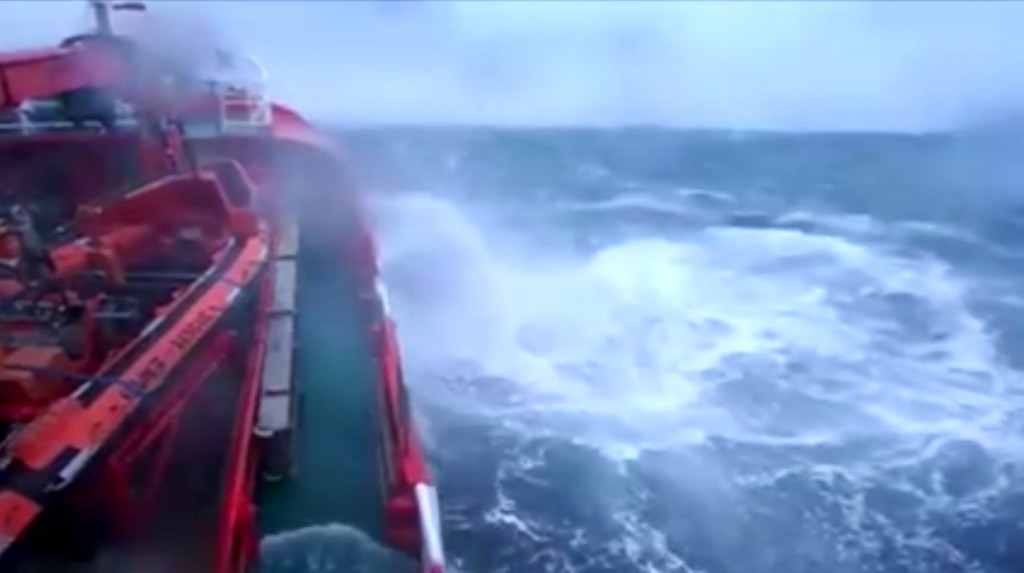
At the start of 2015, the North Sea oil and gas sector was staring into the eye of a perfect storm – a slump in oil prices, the cancellation of new projects, high costs of production, an unfavourable tax regime and a regulator that was not in place to maximise economic recovery. And as we approach the end of the year, the cold wind of low oil prices continues to batter the industry.
And how is the industry weathering the storm?
For a sector whose history is one of cycles and volatility, there were early calls to make the most of this crisis. That is, to learn from past and to recognise the need to improve efficiencies and better collaboration and to help create a sustainable industry at lower oil prices. And that is the challenge the industry has been facing up to.
The introduction of the Oil and Gas Authority is a positive step on this path. And in March, the Government announced further tax cuts although offered little to incentivise new projects.
Turning to those that have suffered most, at one extreme, there have been business failures. The companies that have been hardest hit have been those that are not widely diversified across the life cycle of the industry or have been most exposed to where the cuts have been the deepest, particularly in shipping, fabrication and exploration. Testament to this is the sinister sight of oil rigs stacked along the length of the Cromarty Firth.
Across the industry, we have witnessed personal devastation from significant jobs losses as operators and oilfield service companies seek to realign their businesses to the realities of the market.
But no one should write this industry off. Businesses that are the most adept at exploiting opportunities that the drive for better collaboration and cost efficiencies bring, can prosper. And these challenges invite a new generation of technology and technical solutions and an increasing demand for IT and data solutions.
And the industry still has a fantastic engineering skills base and the opportunity to export that across the world. In terms of lessons learnt, the challenge for the industry is to preserve in tact that skills base while facing up to the reality of a lower cost environment. The Wood Foundation has, through the Opportunity North East initiative, turned its focus to the need to help create jobs and new projects and it is this kind of positive step the industry needs to encourage to ensure its longer term viability.
The industry is cyclical and, by its nature, it will recover. In today’s climate, no right minded thinking person (by which I mean those that think like me) would care to predict how quickly or in what shape that will be. The answer to that question is blowin’ in the wind.
But it remains the case that our industry is an indigenous part of the UK’s energy supply and we should not underestimate the security to the country that comes with that.
Jamie Stark is a partner at law firm Burness Paull.
Recommended for you
